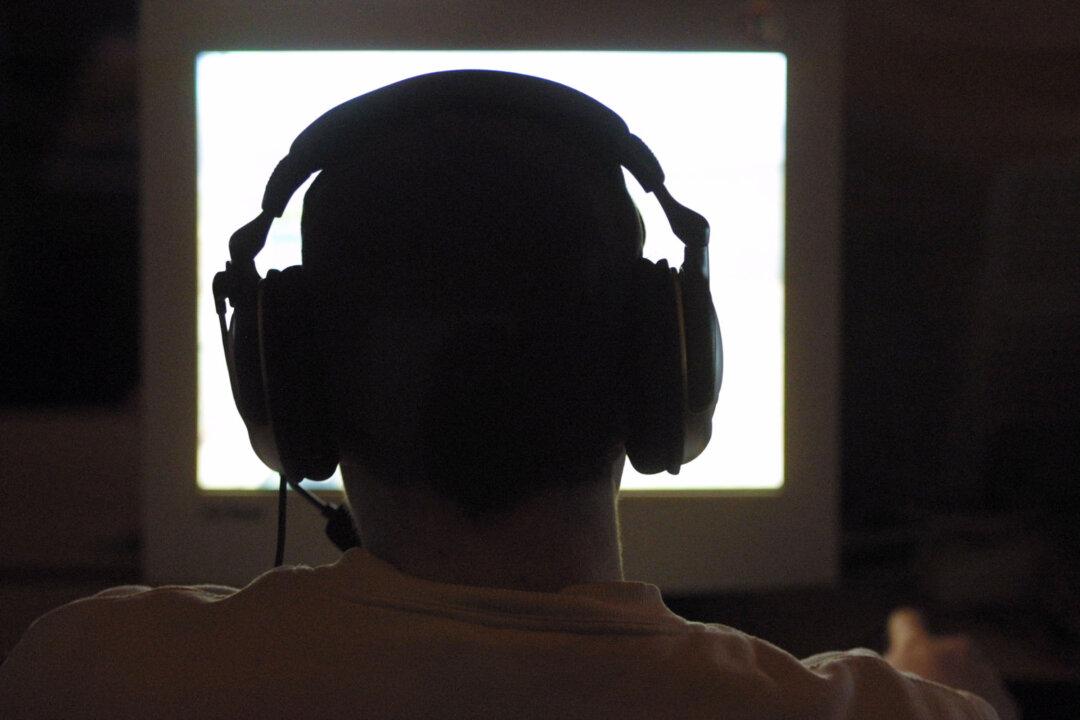Commentary
Sometimes it’s both entertaining and instructive to revisit social and cultural critiques from the past and see how the author’s conclusions and predictions have panned out over the years.Which is why, after a long absence, I recently reread parts of Diana West’s 2007 “The Death of the Grown-Up: How America’s Arrested Development Is Bringing Down Western Civilization.”





